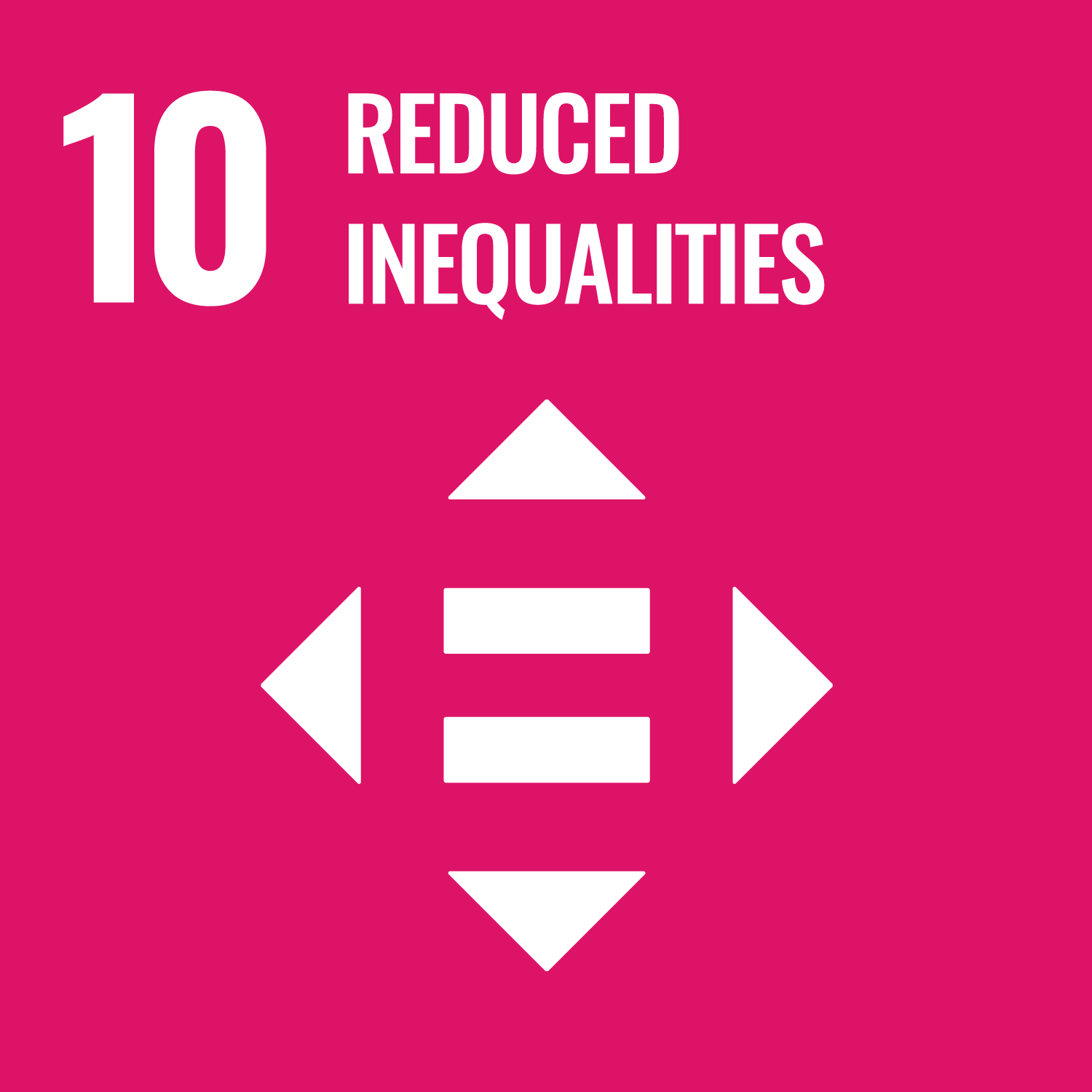ORCID
- Victoria Allgar: 0000-0002-5228-2623
Abstract
Summary Smoking rates are higher for people who use mental health services, which contributes substantially to health inequalities. Smoking can lead to worse COVID-19 outcomes, yet it remains unclear whether smoking has changed for people who use mental health services. We examined smoking patterns in a large clinical cohort of people with severe mental illness, before and during the pandemic. We found high levels of nicotine dependence and heavier patterns of smoking. Although some people had reported quitting, it is likely that smoking inequalities have become further entrenched. Mental health services should seek to mitigate this modifiable risk and source of poor health.
DOI Link
Publication Date
2021-01-01
Publication Title
BJPsych Open
Volume
7
Issue
3
ISSN
2056-4724
Additional Links
Recommended Citation
Peckham, E., Allgar, V., Crosland, S., Heron, P., Johnston, G., Newbronner, E., Ratschen, E., Spanakis, P., Wadman, R., Walker, L., & Gilbody, S. (2021) 'Investigating smoking and nicotine dependence among people with severe mental illness during the COVID-19 pandemic: analysis of linked data from a UK Closing the Gap cohort', BJPsych Open, 7(3). Available at: 10.1192/bjo.2021.45



